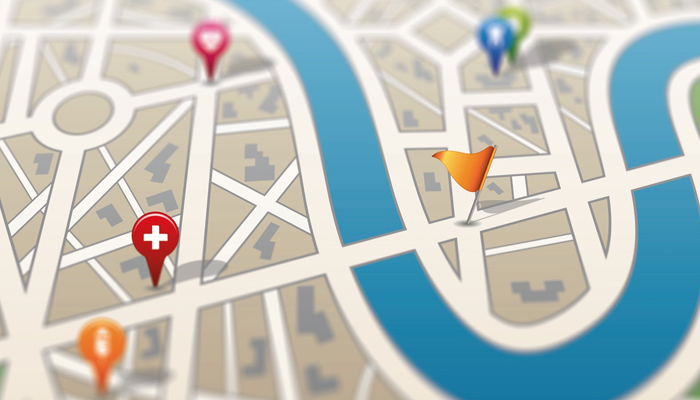Geo marketing is a marketing strategy that uses location-based data to better target and understand consumers. It allows businesses to deliver personalized experiences and advertising to individuals based on their location and other factors such as demographics and interests.
One of the main benefits of geo marketing is the ability to reach consumers at the right place and at the right time. For example, a restaurant can use geo marketing to target individuals who are within a certain distance of the restaurant and are searching for places to eat. This increases the chances of converting those individuals into customers.
Another advantage of geo marketing is the ability to track and analyze consumer behavior. By analyzing location data, businesses can better understand consumer patterns and preferences. This information can be used to tailor marketing efforts and improve the overall customer experience.
One key aspect of successful geo marketing is having a strong online presence. This includes having a website that is optimized for mobile devices, as well as having a strong presence on social media and review sites. It is also important to use relevant keywords in website content and online advertising in order to attract the right audience.
In order to effectively use geo marketing, it is important to have access to accurate and up-to-date location data. This can be obtained through a variety of sources, including GPS data, IP addresses, and location-based social media platforms.
Overall, geo marketing is a powerful tool for businesses looking to reach and understand their target audience. By using location-based data to deliver personalized experiences and advertising, businesses can increase their chances of converting potential customers into actual ones.
Let’s summarize.
Pros of geo marketing
Targeted advertising: One of the main advantages of geo marketing is the ability to reach consumers at the right place and at the right time. By using location data, businesses can target individuals who are within a certain distance of their store or who are searching for specific products or services in their area. This increases the chances of converting those individuals into customers.
Improved customer experience: Geo marketing can be used to deliver personalized experiences to consumers based on their location and other factors such as demographics and interests. This can improve the overall customer experience and increase loyalty to the brand.
Better understanding of consumer behavior: By analyzing location data, businesses can gain insights into consumer patterns and preferences. This information can be used to tailor marketing efforts and improve the overall customer experience.
Cons of geo marketing
Privacy concerns: One potential drawback of geo marketing is that it relies on collecting and using personal data, which can raise privacy concerns for some consumers. It is important for businesses to be transparent about their data collection practices and to respect consumer privacy.
Limited reach: While geo marketing can be effective in targeting specific locations, it may not reach consumers who are outside of those areas.
Dependence on technology: Geo marketing relies on access to location data, which means it may not be effective in areas with limited or no access to technology.
Overall, the pros and cons of geo marketing will depend on the specific needs and goals of a business. While it can be a powerful tool for targeting and understanding consumers, it is important to carefully consider the potential drawbacks and ensure that it aligns with the values and goals of the business.
